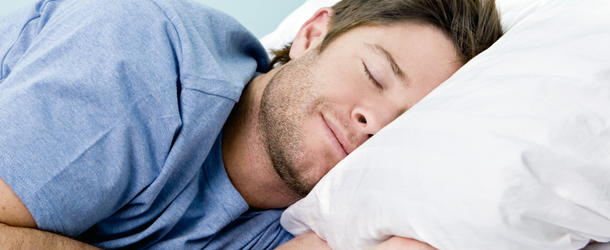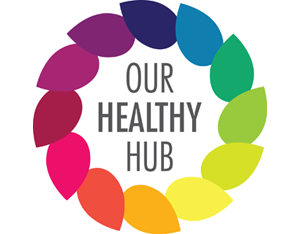Your fitness regimes doesn’t end the moment you leave the gym. In the same way that your diet is key to your overall fitness, so too is planned recovery to ensure that you remain injury free.
Muscles needs between 24 and 48 hours to repair and rebuild. If you work the same muscle again, too soon, it can lead to tissue breakdown instead of building.
For years there have been tried and tested methods of revitalisation but some of these have come under question. The daunting ice water bath had been a trusted method up until recently when it was discovered that ice baths may actually reduce gains in muscle mass and strength.
Don’t waste any more recovery time, try out these scientifically proven tips to help maximise your body’s post workout recovery:
Get a good night’s sleep
Multiple studies have suggested that sleep deprivation can have significant negative effects on performance and recovery. When you sleep your body releases growth hormones that repair muscle trauma caused during exercise. Sleep is also the prime time for the body to undergo protein synthesis, meaning proper sleep will make for stronger muscles and increased endurance.
Everybody has a different sleeping pattern but you should aim to have at the very least six hours of rest each night. If you have time, or prefer to sleep less overnight, you can also top up on sleep with a daytime nap. Taking a nap around two hours after a workout can help the body to enter a deep, restorative state.
Foam roll your muscles
Foam rolling, or self-myofascial release, is a method of self-massage that returns your muscles and soft tissue to their native state. Exercise, injury and arduous everyday tasks can cause a build up of knots that restrict performance. By relieving knots and helping soft tissue to operate correctly again, foam rolling improves workout performance.
A study found that myofascial release with a foam roller can dramatically increase your range of motion without any negative effects on strength. Use a foam roller with a PVC core for best results. If you don’t have access to a foam roller, tennis balls or lacrosse balls are effective alternatives.
Use revitalising products
There are several products on the market containing ingredients that aid in the recovery process.
Essential oils are used by sports trainers and massage therapists to support the fitness and performance of their athletes. Aromatherapy massage is used both before and after exercise to improve speed recovery and reduce the chance of injury.
Male grooming experts Regal Gentleman recommend Jack Black turbo wash energising cleanser which contains juniper berry to help eliminate lactic acid from tired muscles. Other extracts that can boost recovery include eucalyptus for circulation and opening airways, lavender for its anti-inflammatory effects and rosemary for pain relief.
Indulge in some music therapy
Music is a great motivation tool during a tough workout but believe it or not, listening to music post-workout can actually speed up recovery time. A study conducted by a team of Israeli researchers found that blood lactate concentrations, which is used to measure muscle fatigue, dropped by 11% in athletes who listened to music during a cool down period.
Researchers have analysed various genres of music with cardiovascular response. They found that fast-paced rap, pop and techno tunes raised the blood pressure of those who listened to them, while certain classical pieces are in sync with the body’s natural rhythm and lowered the listener’s blood pressure.
Hydrate with science-backed beverages
Drinking plenty of water to aid post-workout recovery is no secret. Exercising while dehydrated can cause muscle damage and so it is of utmost importance that you replenish fluids. While H2O provides the healthiest option, many people turn to energy drinks such as Gatorade and Lucozade as a quick fix of replenishing fluids.
There are healthier alternatives to energy drinks. Chocolate milk has been proven to boost muscle recovery. It contains a three-to-one ratio of carbohydrate grams to protein grams which appears to enhance glycogen replenishment. It also contains far more potassium, calcium and vitamin D than most sports drinks and is naturally tuned to human digestive systems aside from those with a dairy intolerance.
An alternative for those lacto free is cherry juice which can help to reduce the swelling that occurs when muscles are damaged. Researchers found that after drinking cherry juice, athletes returned to 90% of normal muscle force within 24 hours, compared to only 85% without cherry juice.
![]()














